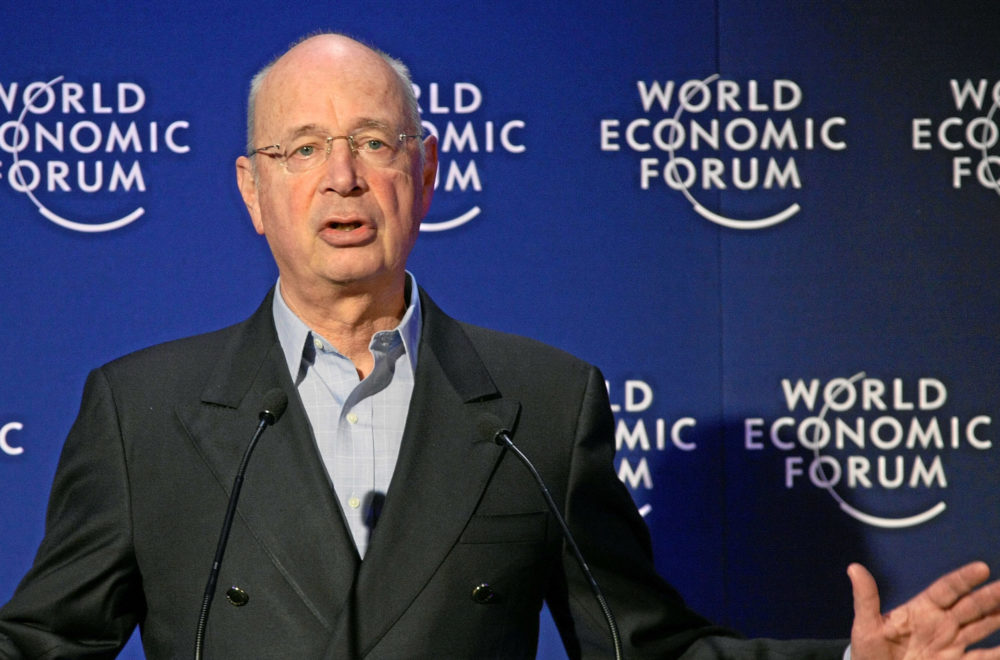Davos summit founder Klaus Schwab sees a broader purpose in companies than he did nearly 50 years ago, as he calls for, in a new manifesto, a focus on “stakeholders” and not only “shareholders.”
In a document prepared in advance of the January World Economic Forum in Davos, Switzerland, Schwab wrote that while companies must reward risk-taking investors, they need to also be responsible to surrounding communities and “society at large.”
“The Universal Purpose of a Company in the Fourth Industrial Revolution” taps into a growing insistence that businesses think more broadly beyond profitability, akin to the Business Roundtable’s declaration this summer that corporations must consider the needs of employees, environment and suppliers while maximize shareholder profits.
“A company is more than an economic unit generating wealth,” Schwab wrote as a followup to the Davos forum’s first manifesto in 1973. “Performance must be measured not only on the return to shareholders, but also on how it achieves its environmental, social and good governance objectives.”
Among its eight points, the manifesto recommended that “executive remuneration” should be tied to how effectively companies meet social and environmental targets. It said also that organizations should have “zero tolerance for corruption” and that they should make customers aware of the “adverse implications or negative externalities” of their products and services.
“A company is more than an economic unit generating wealth.”
Schwab, who is also WEF’s executive chairman, credited a “Greta Thunberg effect” for the shift to a broader “stakeholder capitalism.” The teenage climate activist “has reminded us that “the current economic system represents a betrayal of future generations,” Schwab wrote in an article on the WEF website.
The WEF’s annual meeting of world and business leaders will cover such topics as governance, sustainable growth, cybersecurity and climate and environmental issues.
The 1973 manifesto referred only vaguely to social impact-related concerns. “Management has to serve society,” and as “trustee of the material universe for future generations,” the earlier document said, but concluded that “profitability was the most effective way “to serve clients, shareholders, employees and society.”
- A WEF’s Global Competitive report in October noted that the world is “not on track” to meet any of the United Nations 2030 Sustainable Development Goals, and that of “10 ecological factors that can destabilize the planet’s ecosystem, three have already exceeded their limit.”
- The report also noted that world hunger has increased from 784 million in 2015 to the 826 million people.
- The Davos conference intends to offset 100% of all carbon emissions generated during the event and will rely entirely on renewable energy.






















